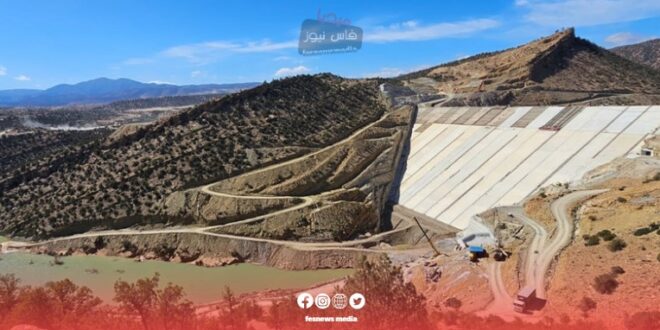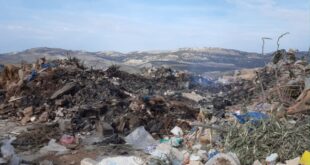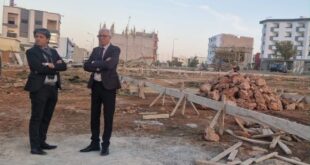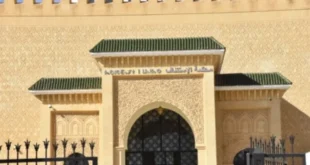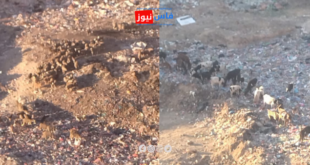The Sebou Basin region in Morocco is witnessing significant progress in the construction of four major dams, aimed at mobilizing approximately 2 billion cubic meters of water. According to the latest data from the Ministry of Equipment and Water, these vital projects are nearing completion, with expectations to receive the first water drops in the coming few weeks.
These dams are:
- M’dez Dam in Sefrou Province: 99% complete, with a storage capacity of 700 million cubic meters. It aims to irrigate 30,000 hectares in the Saiss plain and provide flood protection.
- Sidi Abbou Dam in Taounate Province: Construction progress exceeds 71%, with a storage capacity of 198 million cubic meters.
- Koudiat El Berna Dam in Sidi Kacem Province: 85% complete, with a capacity of 12 million cubic meters. It aims to supply drinking water to neighboring areas and the cities of Sidi Kacem and Sidi Slimane.
- Ratba Dam in Taounate Province: Over 23% complete, with a massive storage capacity of 1.09 billion cubic meters. It aims to provide drinking water, irrigate agricultural lands, and generate electricity.
These projects are part of the national water security strategy and are considered an essential component of the major royal project for inter-basin water transfer. These dams are expected to significantly contribute to enhancing water resources and improving their management across various regions of the kingdom.
These achievements underscore the strategic importance of the Sebou Basin in securing drinking water supply and meeting agricultural and industrial needs in the region, which will contribute to driving economic and social development in Morocco.
The completion of these dams reflects Morocco’s commitment to addressing water scarcity challenges and ensuring sustainable water management for future generations. It also demonstrates the country’s proactive approach to climate change adaptation and resource conservation.
 فاس نيوز ميديا جريدة الكترونية جهوية تعنى بشؤون و أخبار جهة فاس مكناس – متجددة على مدار الساعة
فاس نيوز ميديا جريدة الكترونية جهوية تعنى بشؤون و أخبار جهة فاس مكناس – متجددة على مدار الساعة

